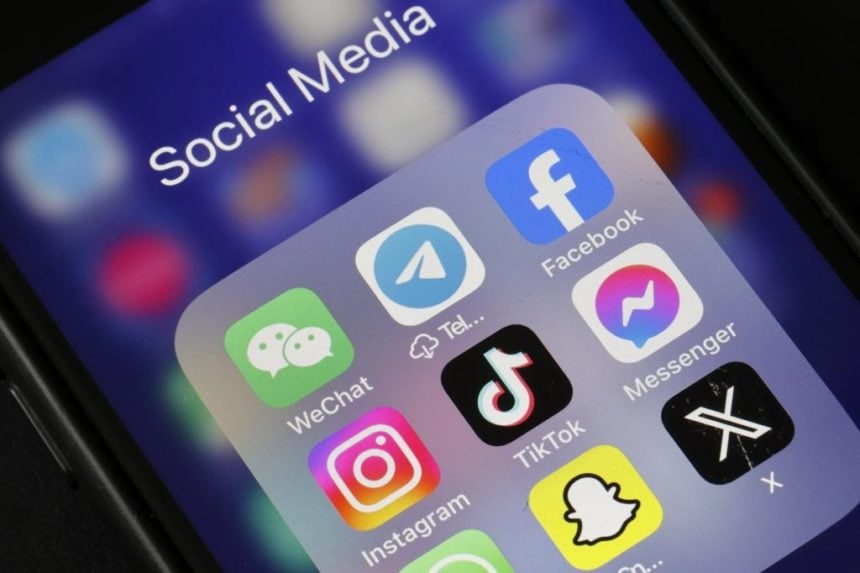The internet has made life somewhat easier, right? You want to read the news and keep abreast of happenings around the world, and with a few clicks, you get the information you seek. However, having presented the world with a wide array of opportunities, it also comes with its challenges.
The internet is saturated with so much information that it is becoming increasingly difficult to sift the truth from the lies. Technological advancements and quick access to social media platforms have increased the spread of misinformation and disinformation.
The internet’s role in disseminating misinformation and disinformation is expanding with the proliferation of AI tools that can be used for either good or ill. A lot of people believe what they read on the internet without giving a thought to verifying the authenticity and context.
From doctored images, superimposed audios, altered texts, clickbait, to inaccurate health information, social media platforms are saturated with false information disguised as facts with the intention to mislead or manipulate readers.
How do you protect yourself from false information? How do you detect these deceptions?
Here are a few tips to discern accurate information from falsehood and counter the spread of disinformation:
- Always check reliable news platforms and sources for information.
- Always verify your information with multiple sources to be sure the information is accurate and factual. Check if a particular news item is corroborated across various channels. Look for other information available online about the topic. A quick Google search can also help you determine if other reliable sources are discussing the topic. If they are not, the chances that it is fake news go way up.
- Check the source: Who is sharing the information you are consuming? Always check the sources of information. If the information comes from an unreliable platform, be wary. Also, avoid unknown or biased websites. Their biases and interests may be the basis for the information that is being disseminated.
- Look beyond headlines and ensure you read the whole report. Some headlines and captions are clickbait to generate traffic or distort content. Take your time to read through an article to see what it is about and if it matches the headline/caption used.
- Pay attention to dates and videos of incidents before sharing. Old pictures are sometimes recycled to appear as new information. Certain keywords can be used to search for an event online.
- An image or video can be edited with AI and altered to falsely portray a narrative. Listen to accents in audios and pay attention to body movements, lip synchronisation in videos.
- Tools like Google Lens and InVID can be used to conduct a reverse image search to find an original image or video, and authenticate an image or video. They are also used to check if the same images and videos have been used in other contexts.
Don’t be quick to share without verifying the information. By sharing without diligent verification, you are also contributing to the information disorder.





